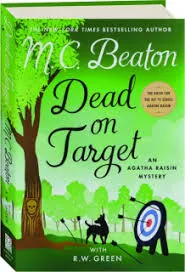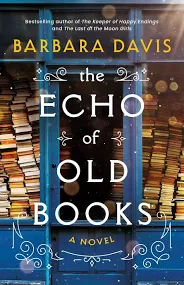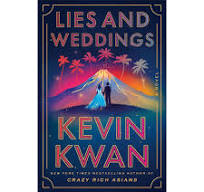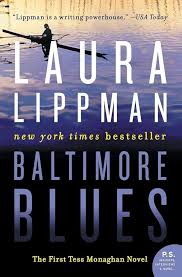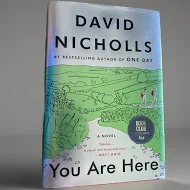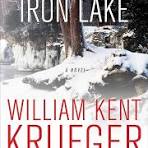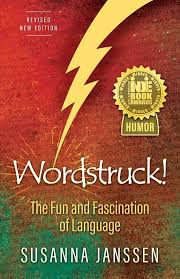Kamala Bremer & Rosalyn McKeown-Ice, editors
Nonfiction 2022 | 232 pages


In 1979, seven women, ages 26 - 40, came together through their connections and interests, to canoe 172 miles on the Fortymile and Yukon Rivers in Alaska for 11 days, from the town of Chicken to the town of Eagle. This trip, when the women's movement and environmental movements were in their infancies, served as a foundation and mirror for the rest of their lives. When my friend Carol loaned me From Chicken to Eagle, I assumed it was a book about a thrilling, exciting all-women wilderness adventure. It was that, yes, but it was so much more.
Thirty years after the canoe adventure, the women decided to each write a chapter to create the core of this book. Each included their own perceptions, perspectives, and memories from the challenging canoe trip ... but they did so much more. About three pages of each chapter presents each woman's memories. But the mainstay of their writing is about the impact of this trip ... how it built their strength and self-esteem; how it informed their relationships with the wilderness; how it showed up in marriages and child-rearing in some cases; and mostly how it prepared them to launch into major careers at a time when the cultural belief was that women couldn't and shouldn't do much in the work world.
We have in this team of women a lawyer, a doctor, a business leader, non-profit founders and leaders, a writer, a professor, a public relations person, a public health officer. More profound and impactful, we have environmental and social justice activists. These women started day care centers, recycling programs, sustainable education initiatives, climate change strategies, mentoring, political and policy change. They also remain, at ages 66 to 80, canoeists, kayakers, hikers, bikers, explorers, tour guides, adventurers.
Though it wasn't what I expected, From Chicken to Eagle is a fascinating, empowering, and inspiring read. If you are anywhere near my age, it will also bring back memories and cast a new light on what we really did accomplish in our 20s and 30s, and how far we still have to go. Yes, I recommend this short book.
August 2024
![]()
